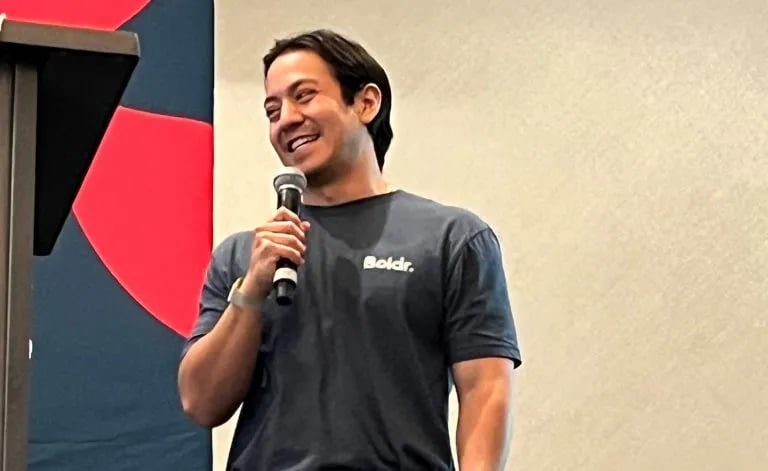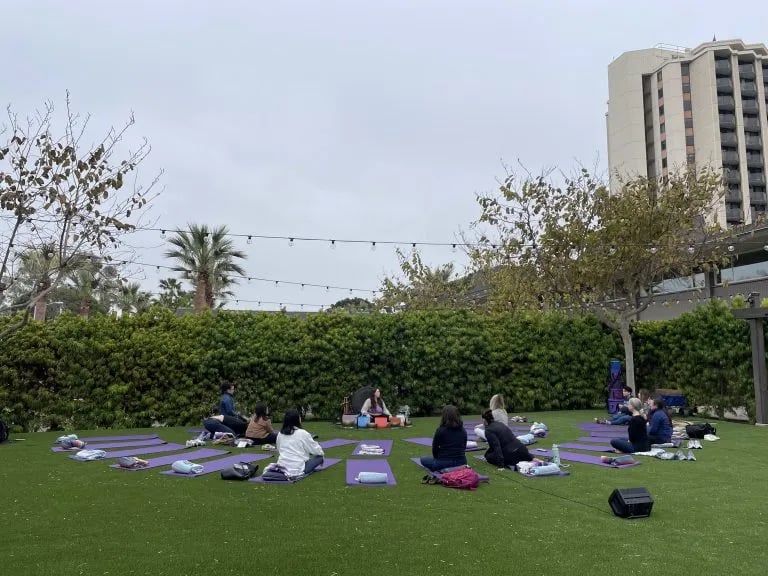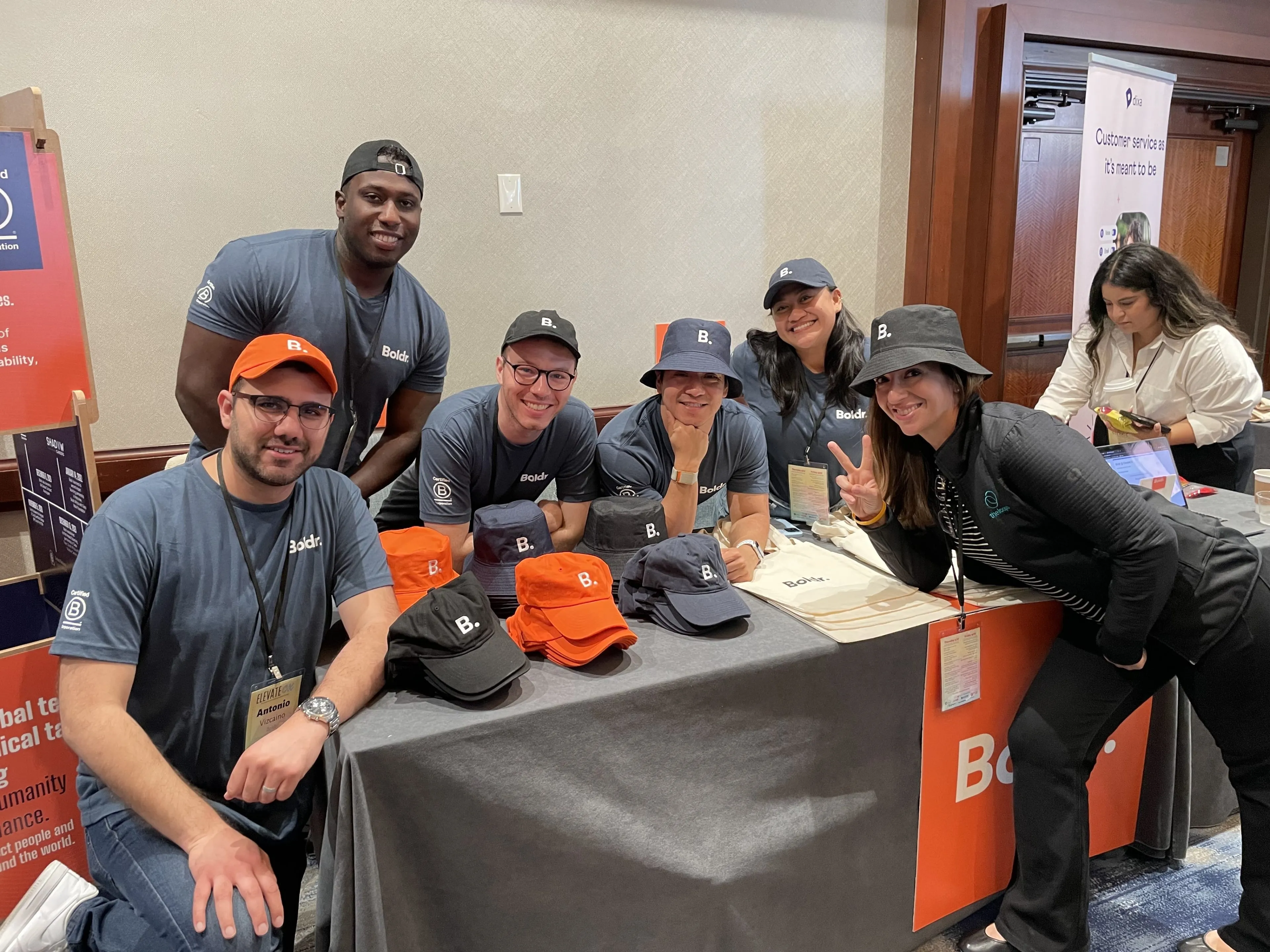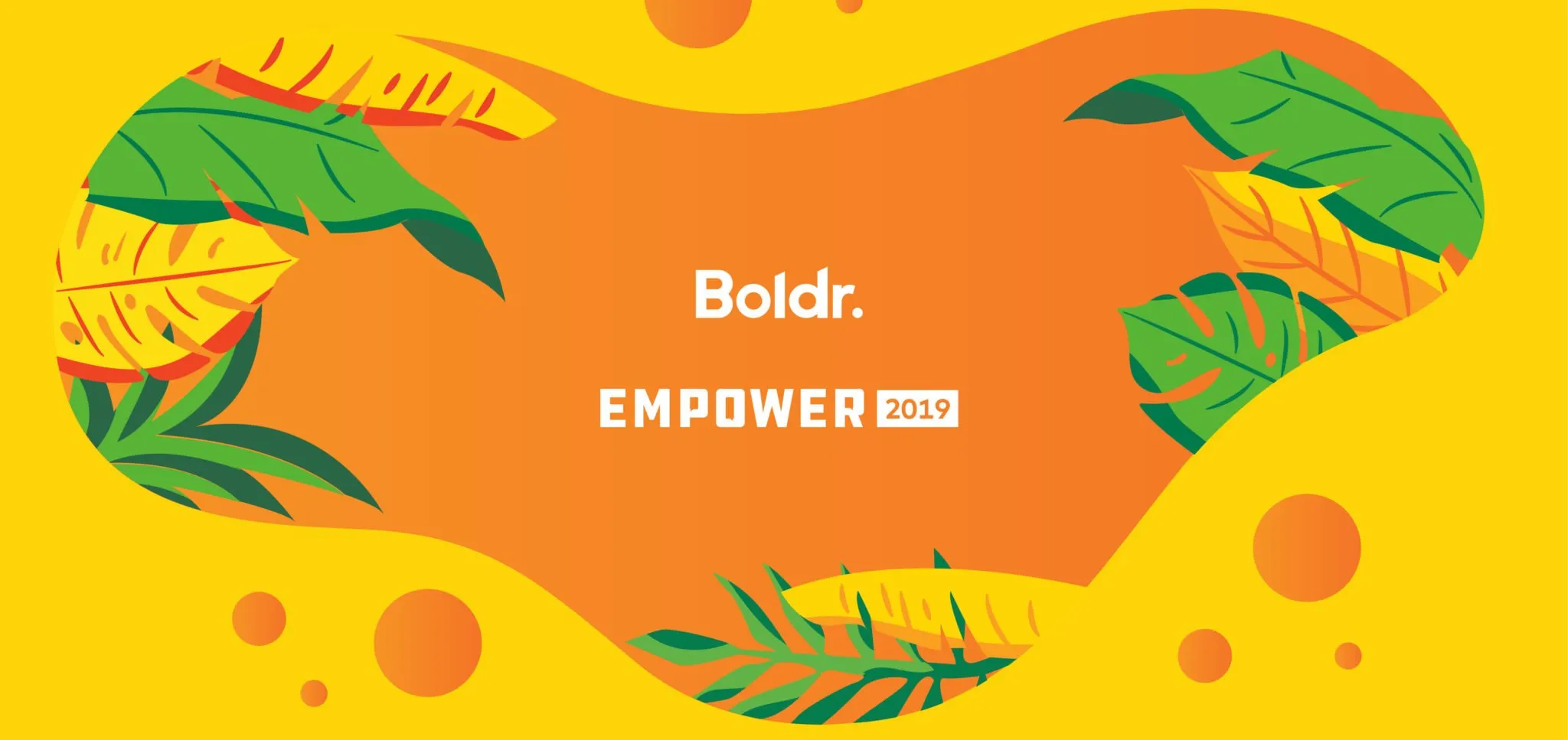In April Boldr attended ElevateCX 2023, a premier event for customer experience leaders which was held in San Diego, CA. As one of the sponsors of this year’s event, we were excited to connect with industry experts and professionals to share insights and learnings on how to improve the customer experience.
The event kicked off with an inspirational introduction by Sarah Hatter, Founder of ElevateCX, who talked about the importance of empathy when dealing with customers. She emphasized that by just being in the same space, we have the same empathy. The goal is to improve the customer’s experience by knowing how to empathize with them and really engage with them to understand what they need. She also highlighted the significance of small acts of kindness, which can also change the entire experience for clients.
The idea of leading the customer experience with empathy is not a recent trend, and also not limited to CX alone. For many companies empathy has become an integral part in their culture, their values, the way they manage their teams, and, ultimately, the reason behind their success. Boldr has been advocating empathy since being founded in 2017, which is why we are excited to collaborate and share our experiences at CX events and webinars.

Ray Torres, Director of Client Solutions at Boldr, engaging with CX leaders
The topic of empathy came up again when Mercer Smith from Partner Hero hosted an engaging presentation about humanity in CX. She stressed the importance of considering the human aspect of customer experience, rather than solely focusing on the technical aspects thereof, and that CX is not the same as user experience. Smith said that there was a need for experiences outside of the norm. Empowering teams to have flexibility in designing customer-facing processes and allowing them to express empathy to customers can provide creative solutions to CX teams. She also pointed out that it was essential to understand where robots win in terms of time and where humans win in terms of safety. Personalizing the content in a customer’s journey is what will make this relationship more human and personal, though she did caution against going too far and losing context, and subsequently losing the customer and their business.
Erica Clayton from Tunecore emphasized the importance of small improvements when big deliverables overwhelm you or your team. She stated that the goal is to walk away with tools to make small improvements in your organization. Humans are change-averse, but small changes can help teams to ease into larger changes, leading to a domino effect of change.
On the topic of what metrics to use when proving value in a market downturn, Tue Søttrup from Dixa pointed out the importance of Net Recurring Revenue (NRR) as a metric. He mentioned that NRR is a better indicator of customer churn, which helps you know how to retain clients and improve CSAT. He also shared some ways on how to improve NRR, such as upselling and cross-selling, tracking what your customers are using, and regular customer engagement, which helps customers learn more about the product.
Nicholas Ziesler from Ziesler Consulting did a presentation that posed the following question: Is it time to kill Voice of the Customer (VOC)? He highlighted the significance of brand alignment, corporate values, mission, and vision, as well as finding ways to do activities without having to pay for expensive platforms. He encouraged attendees to ask their customers where the core problem is and then to act based on those results. He emphasized that insights and VOC efforts won’t matter if there’s nothing happening from it, and that it’s necessary to act on it. He also mentioned that overthinking the results of VOC can be detrimental to its effectiveness and could result in you getting ripped off or getting new tech that you don’t need. “Act on what you learn and don’t overthink it,” cautioned Ziesler.

Lindsey Roach leading a sound healing meditation session.
The event provided a wealth of insights on improving customer experience and empowering employees to make small, yet impactful changes. Kat Gaines from PagerDuty discussed the thorny issue of customer communications during an incident response, while Kristi Ernst Thompson from Help Scout explained that no amount of apologizing will fix a problem, but that we should rather try to fix the process that caused the problem.
CX leaders who led discussions or presentations included Andrew Rios from Ríos Management Atlantic, Heidi Craun from Blumira, Mario Guisado from Everbridge, and Matt Dale from MoxieCX, among others. Attendees were not only able to network and learn from peers, but were also exposed to practical tools and strategies to ponder over and implement where opportunity presented itself.
James Fouche is the Content Manager at Boldr, as well as an author and a columnist. He is passionate about sharing his love of reading and writing with others.


